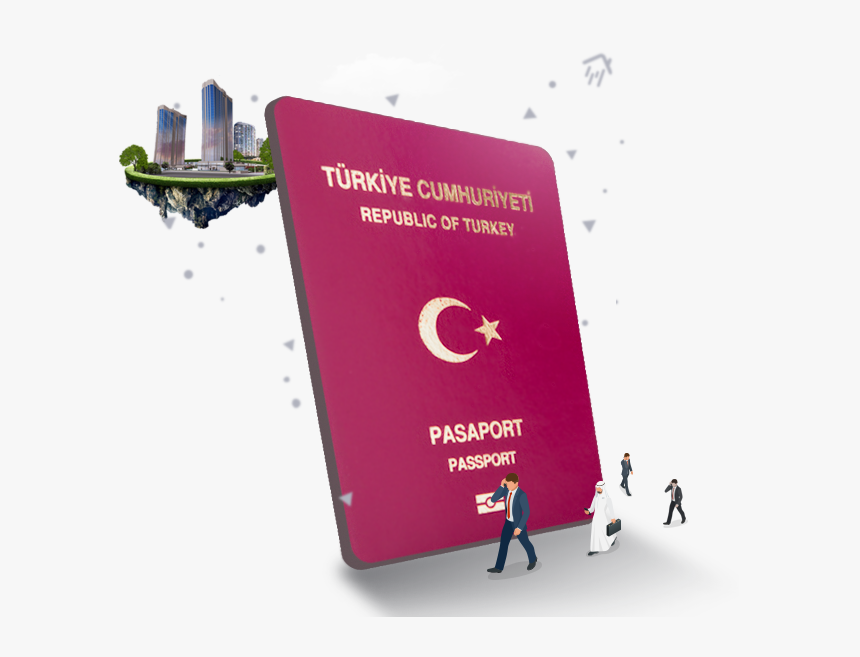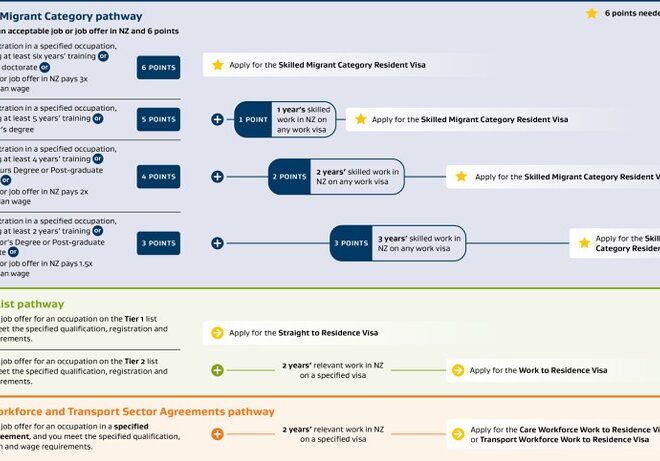
Unveiling the Mystery: Understanding Turkey Visa Validity
Turkey, a captivating blend of ancient wonders, stunning landscapes, and vibrant culture, beckons travelers worldwide. But before embarking on your Turkish adventure, understanding visa validity is crucial. This intricate aspect determines your authorized stay within the country. This guide delves into the complexities of Turkey visa validity, empowering you to plan your trip effectively and avoid any potential overstays.
Demystifying Different Visa Types and Validity Periods:
Turkey offers various visa options, each with its specific validity period. The most common type, the tourist visa, is further categorized based on duration. The widely used e-Visa typically grants a validity period of 30 days from the date of entry. For longer stays, alternative visas obtained through embassies or consulates offer validity periods ranging from 3 months to 1 year, depending on the visa type. These visas might include business visas, student visas, and work visas. It’s crucial to note that the validity period signifies the maximum duration you can legally stay in Turkey, not the permitted entry window.
Understanding “Duration of Stay” vs. Entry Window:
While the Turkey visa validity period defines your overall allowed stay, a separate concept exists – “duration of stay.” This refers to the maximum duration you can stay in Turkey on a single visit within the visa’s validity period. For example, a visa with a validity period of 3 months might have a “duration of stay” of 30 days per visit. This signifies you can enter Turkey multiple times within the 3-month validity period, but each visit cannot exceed 30 days.
Multiple Entry Considerations and Extensions:
Some visas, like certain business visas, allow for multiple entries within their validity period. This allows for flexibility if you need to make frequent trips to Turkey during the visa’s timeframe. However, remember the “duration of stay” limitations even with multiple entries. If you plan a longer stay exceeding the “duration of stay” for your visa type, applying for an extension becomes necessary. Extension procedures are typically handled within Turkey by the local immigration authorities.
Planning Your Trip Within Visa Validity and Avoiding Overstays:
Ensuring your trip falls within your visa’s validity period is crucial to avoid legal complications and potential fines. Carefully plan your itinerary, considering both the validity period and “duration of stay” limitations. Double-check the entry and exit dates on your visa document to ensure you adhere to the TURKEY VISA FOR Philippines CITIZENS authorized timeframe. Leaving Turkey before your visa expires is essential. Overstays can lead to difficulties obtaining visas in the future and may even result in entry denials.
Conclusion
Understanding the intricacies of Turkish visa validity empowers you to plan your trip with confidence. By familiarizing yourself with the different visa types, validity periods, and “duration of stay” limitations, you can ensure a smooth and enjoyable experience in Turkey. Remember, for complex visa situations or specific questions regarding extension possibilities, consulting the nearest Turkish embassy or consulate is highly recommended. Happy travels


